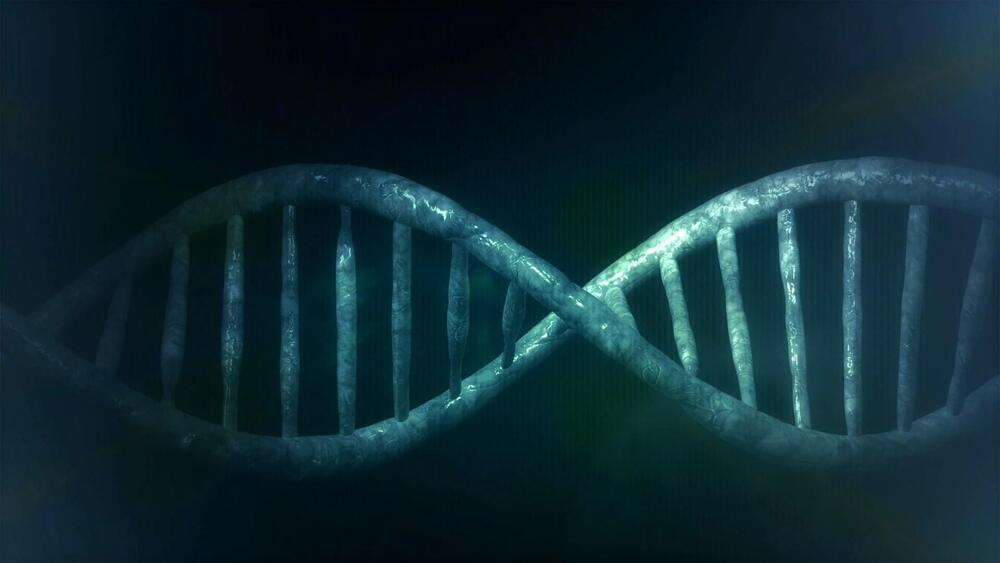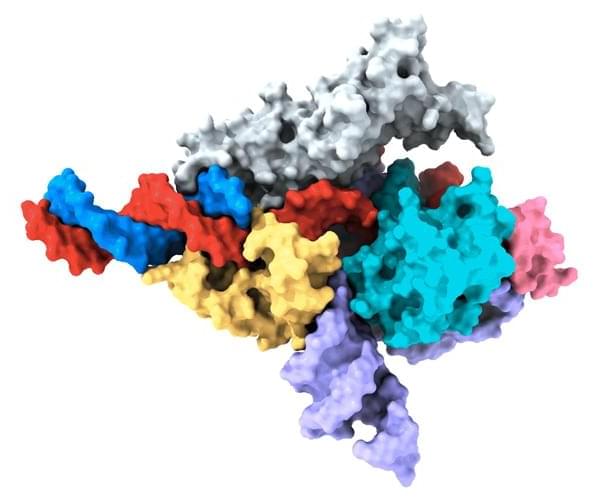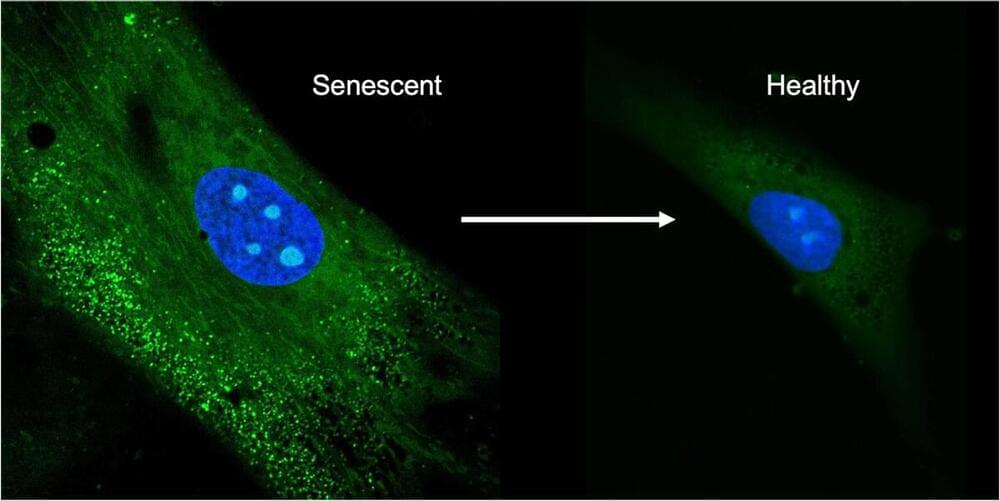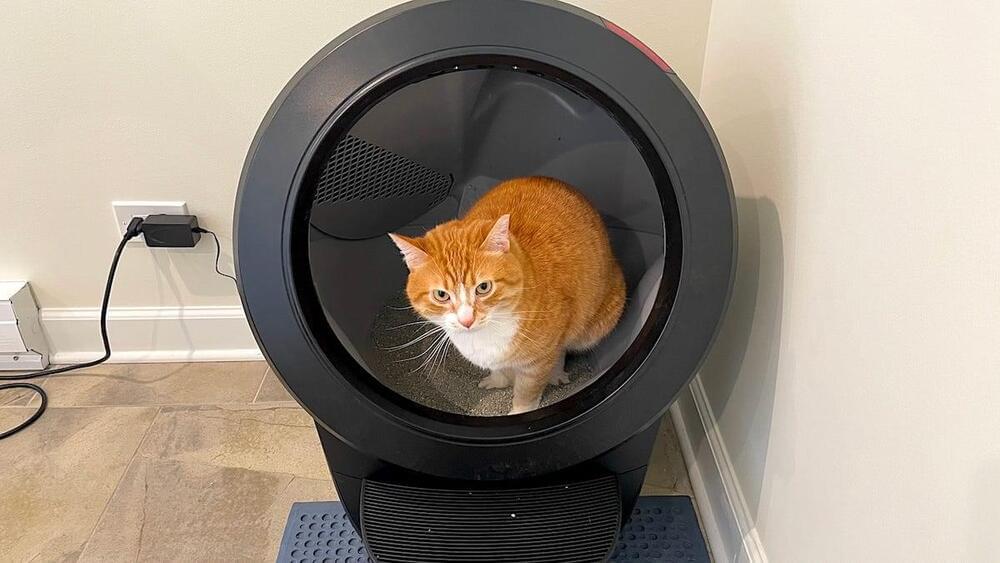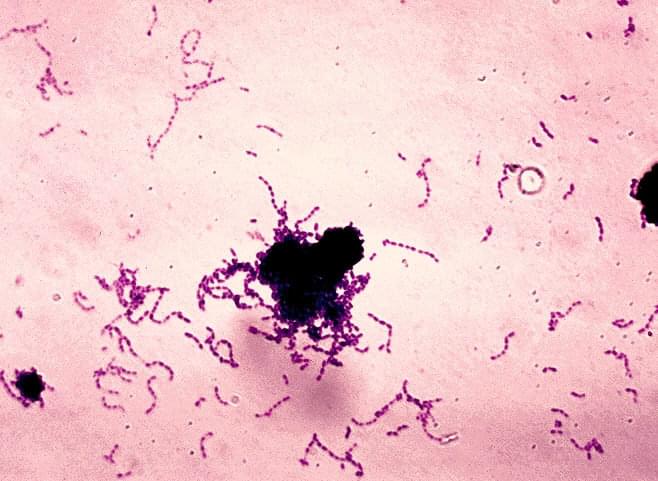A study led by researchers at Sanford Burnham Prebys has found that in young women, certain genetic mutations are associated with treatment-resistant breast cancer. These mutations are not linked to treatment-resistant breast cancer in older women. The findings, published in the journal Science Advances, could help improve precision medicine and suggest a brand-new way of classifying breast cancer.
“It’s well established that as you get older, you’re more likely to develop cancer. But we’re finding that this may not be true for all cancers depending on a person’s genetic makeup,” says senior author Svasti Haricharan, Ph.D., an assistant professor at Sanford Burnham Prebys. “There may be completely different mechanisms driving cancer in younger and older people, which requires adjusting our view of aging and cancer.”
The research primarily focused on ER+/HER2-breast cancer, which is one of the most common forms of the disease. It is usually treated with hormonal therapies, but for some patients, these treatments don’t work. About 20% of tumors resist treatment from the very beginning, and up to 40% develop resistance over time.
